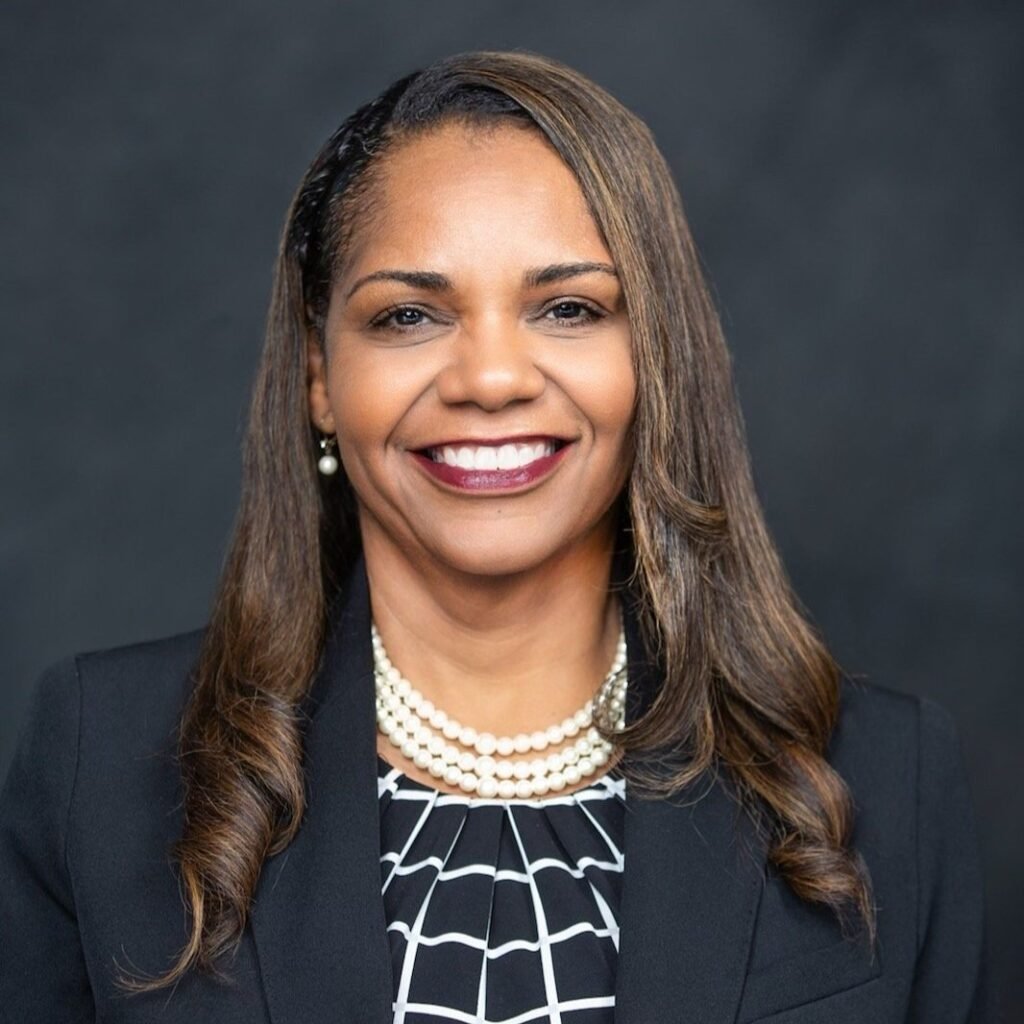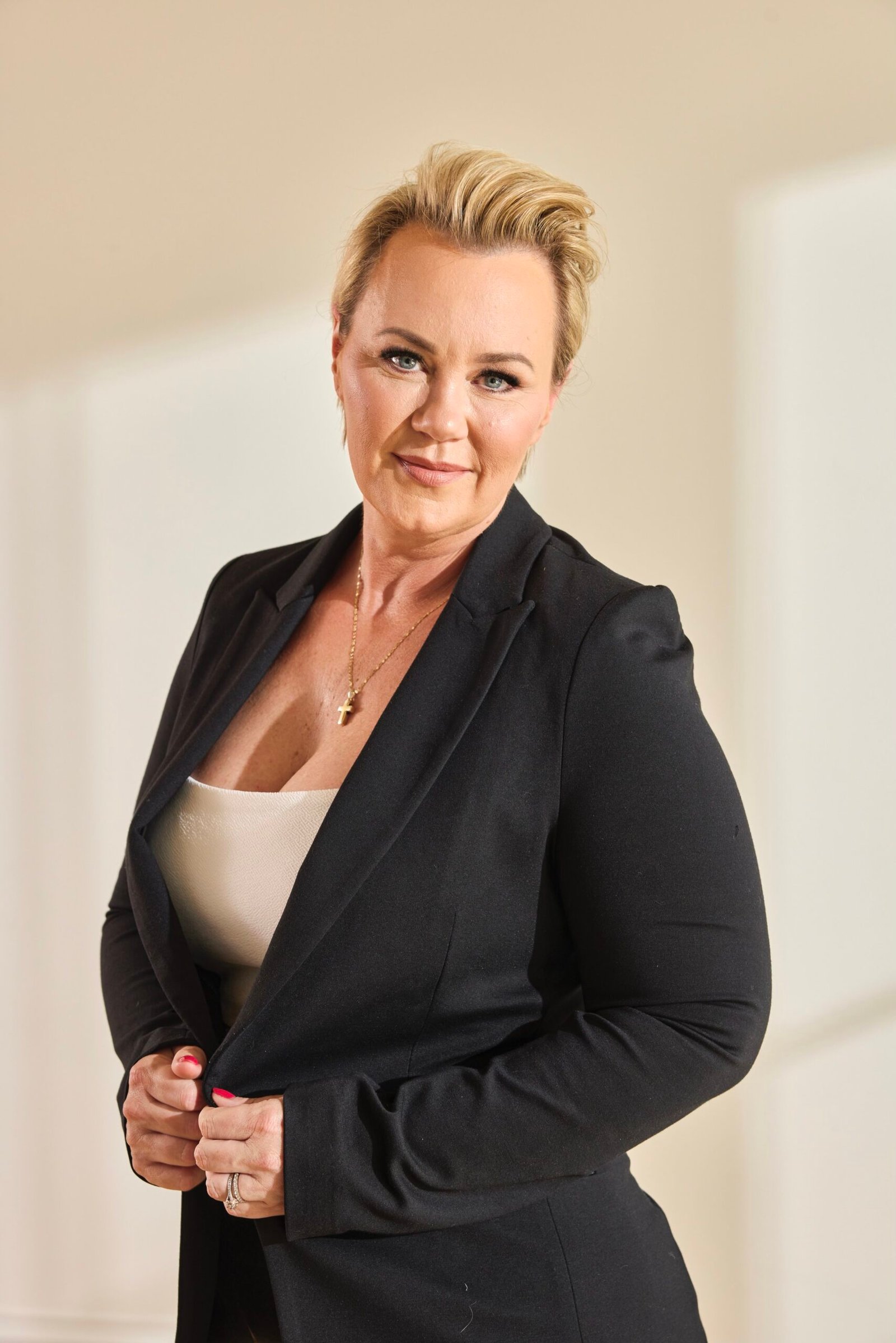
I recently went one on one with Gwynth Nelson, Executive Director of the South Carolina Institutes of Innovation and Information.
Adam: Thanks again for taking the time to share your advice. First things first, though, I am sure readers would love to learn more about you. How did you get here? What experiences, failures, setbacks, or challenges have been most instrumental to your growth?
Gwynth: Almost my entire career has revolved around higher education, and this is not a coincidence. I’ve always been passionate about education. Many people argue that education is the great socioeconomic equalizer, and that going to school will provide everyone with the professional opportunities necessary to overcome and eliminate oppression. I think education could potentially accomplish this, but it is presently not the great equalizer, because right now, the education system is not equal for everyone. We have to implement broader structural changes in order to achieve social justice. Right now, educational resources remain unequally distributed, more available to wealthy, white, able-bodied, cisgender, male students. Meanwhile, people from low-income backgrounds, people of color, women, people with disabilities, and LGBTQIA+ people continue to struggle to access the same tools for academic and professional advancement. I cannot change everything, but I can change what is around me. So, I have dedicated much of my career to making HBCUs the best they can be. For me, when HBCU students graduate with the same opportunities and career prospects that their counterparts in top four-year colleges have, I’ve achieved something great.
Adam: What do you believe are the most important skills one should develop and why?
Gwynth: Traditionally, we’ve focused on teaching what they call hard skills. These are the learnable and measurable abilities that we instruct and test students on – writing, reading, math, computer skills, and whatever specialty the student has chosen, say nursing fundamentals, or teaching methods. Students need to be at least proficient, ideally masterful, in hard skills. By contrast, soft skills are the traits that make you a good employee, colleague, and teammate; soft skills include etiquette, civility, effective communication, active listening, collaborating with other people. Quite frankly, we’re realizing that the soft skills are as important as the hard ones. You can be the best-trained school counselor in the district, but if you cannot get along with your colleagues and don’t know how to speak with and listen to children, parents, and other stakeholders, you won’t get far in your work.
Adam: What are the keys to rising within your career?
Gwynth: Definitely you will want to keep an open mind. If you do that, you’ll be open to learning new things throughout the duration of your career. You can learn something from most people you meet along the way. Treat people with respect. The people you meet and work with along the way can become trusted mentees or mentors and can provide valuable advice and perspective when you’re in a bind. And importantly, focus your career and your work around a cause or causes you truly care about. For me, I am truly passionate about improving career prospects and futures for HBCU students, many of whom faced some real struggles in their young lives. These young people truly are our future if you’ll forgive the cliché. These are our future healthcare leaders, educators, politicians; maybe our future President. Let’s give them what they need and then let them soar!
Adam: What do you believe are the defining qualities of an effective leader?
Gwynth: I would say leadership is about influencing others by knowing how to articulate your vision and doing so in a way that is authentic and motivating while inspiring trust in colleagues and stakeholders. Part of building trust is being transparent; the more open you are about the organization’s goals and challenges, the easier it is for employees to understand their role and how they can individually contribute to the company’s overall success. That sense of value and purpose that results from that then translates into higher levels of employee engagement. Of course, that transparency should be to an extent and not extend into oversharing. True leaders also encourage innovation and a certain level of risk-taking, which means that failure is also sometimes unavoidable. This means that failure needs to be viewed as a way to learn lessons. Ethics and integrity should be embraced and conveyed; a leader with high ethical standards shows fairness and instills confidence. I personally value decisiveness in leaders; our business environment is nothing if not fast-changing and evolving, so I want leaders who can act strategically and quickly. Finally, I would say leaders should be adept at balancing realism and truth with optimism; this leads to resilience and positivity.
Adam: How can leaders and aspiring leaders take their leadership skills to the next level?
Gwynth: First, I would reiterate my earlier advice to stay open-minded and keep learning new things from people and situations around you. Lessons can be found everywhere! Keep the longer-term, larger picture view in your mind at all times – eye on the prize. And honestly, help your team! If you’ve got staff, make sure each staff member receives ongoing training to hone their skills, make it a priority to develop them through mentorship and honest reviews, make sure they’re feeling rewarded and heard and optimistic about their contributions and challenges.
Adam: What are your three best tips applicable to leaders and aspiring leaders?
Gwynth: First, I believe you can inspire greatness if you motivate your team by harnessing team members’ talents and energies. What I mean by that is you can tell them what to do, and they’ll do what you ask, but if you inspire them to work because they believe in what they’re doing, they’ll give of their hearts and minds. Second, I highly recommend that leaders and aspiring leaders show gratitude. The words ‘please’ and ‘thank you’ go a long way; they demonstrate a level of respect that people desire and also appreciate, and that helps build trust. Sensitive criticism goes along with that; if you must level a criticism, and sometimes you truly do need to do that, do so with sensitivity and kindness so your team member still maintains confidence and self-esteem. Finally, as I mentioned earlier, align your passion with your purpose. If you can do that, you will find fulfillment in whatever you choose to do in life. When a job starts to feel like just work, nothing more than a job you do, it might be time to evaluate whether or not you feel you’re aligned with your purpose in life. Not being aligned with your purpose can adversely affect who you are as a person and a professional; it can leave you feeling unhappy and at loose ends.
Adam: What should leaders understand about the importance of Historically Black Colleges and Universities?
Gwynth: Well, I could go on at length on this topic!
For more than 150 years, HBCUs have been providing diverse learning environments — from students to faculty to administration — ensuring that every student has a chance to succeed. In South Carolina, HBCUs account for over 50% of Black college graduates. Strikingly, the nation’s 106 HBCUs make up just 3% of America’s colleges and universities, yet they produce almost 20% of all African American graduates and 25% of African American graduates in the STEM fields of science, technology, engineering, and mathematics — the critical industries of the future. And HBCU tuition rates are on average almost 30% less than at comparable institutions — that’s why they’re often referred to as the ‘best buy in education.’ At a time when parents and students are more concerned than ever about the cost of attending college, HBCUs deliver higher returns at a lower cost.
HBCUs provide a stable and nurturing environment for those most at risk of not entering or completing college: low-income, first-generation college students. Many of these students are academically underprepared for college, yet they’re precisely the students that the country most needs to obtain college degrees. We have known for years that students of color feel more at home and perform better in schools where they feel supported and safe. The student environment fit is very important for student success. A recent report reaffirmed just how important campus climate is to student outcomes. The Gallup-Purdue poll noted that black graduates of HBCUs are significantly more likely to have felt supported while in college and to be thriving afterward than their black peers who graduated from predominantly white institutions.
Adam: What can anyone do to pay it forward?
Gwynth: Well, since I’m all about HBCU students and their futures, give HBCU students and graduates a chance! Reach out to HBCUs for interns and graduates if you have opportunities, consider mentoring students or donating to an HBCU.
Adam: What is the single best piece of advice you have ever received?
Gwynth: “Leave people and places better than you found them.” This one resonates with me, and I try to live this every single day. You can do this on a massive scale – I mean, I’m working hard to improve futures for HBCU graduates throughout South Carolina and beyond – and many people are hoping to improve Herculean issues. But you can also do this in daily everyday life – be kind to people, help someone if they need assistance, let someone merge in front of you on the highway, you know the drill. Courtesy and civility go a long way.
Adam: Is there anything else you would like to share?
Gwynth: Don’t forget to live your own life, too! Work can be consuming, especially if you are passionate about what you do, and you feel like your work is for an important cause. It may start to feel like you cannot not work because you’ll be letting people down. But there really is a balance, and you must cultivate your life outside of work. I have two energetic children who need me, too; and I take true joy in the time I spend with them. And my friends and interests outside of work help make me who I am as a person as well. Take time for yourself, for your health, for your outside interests. You deserve that, too!








